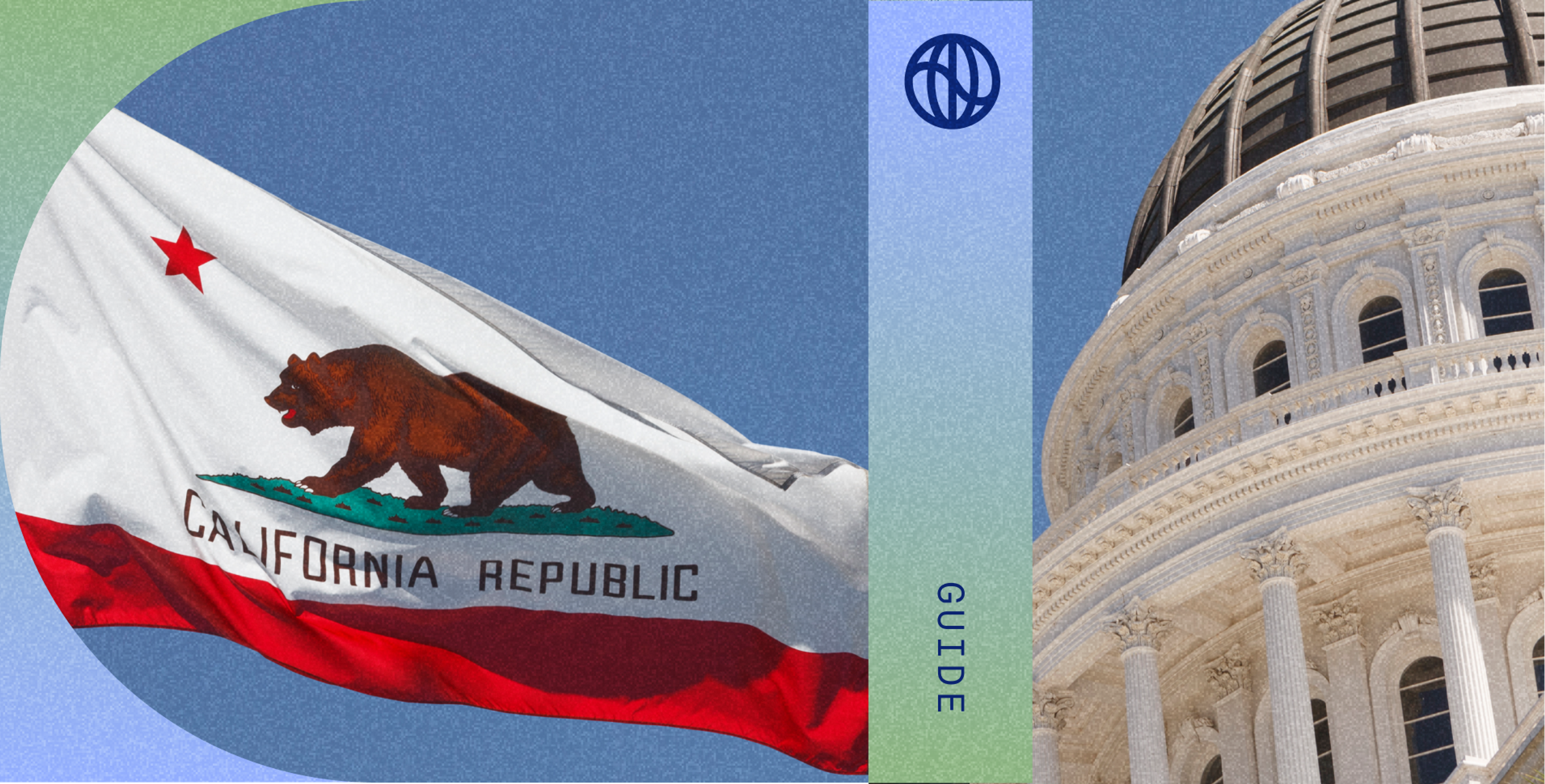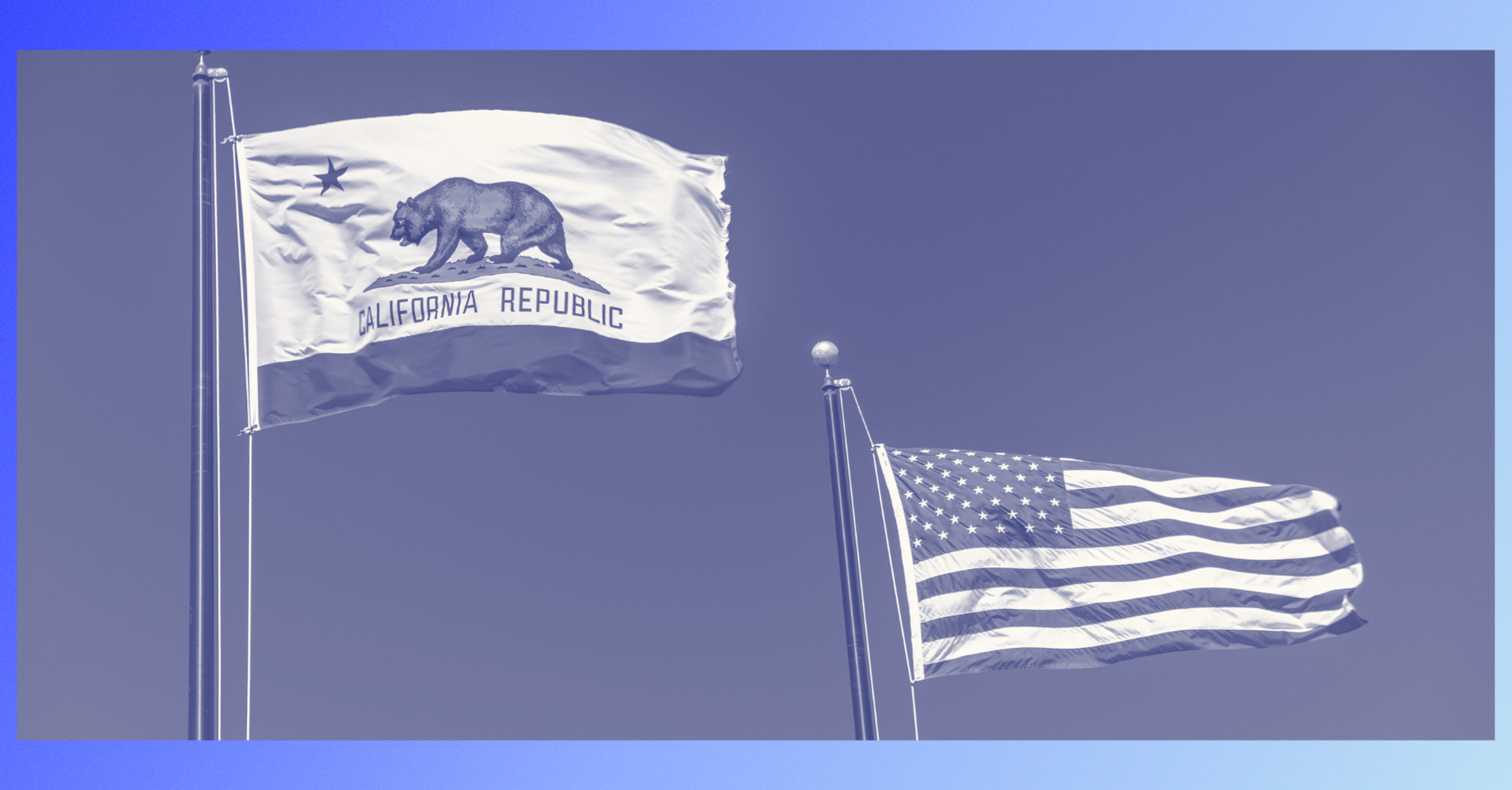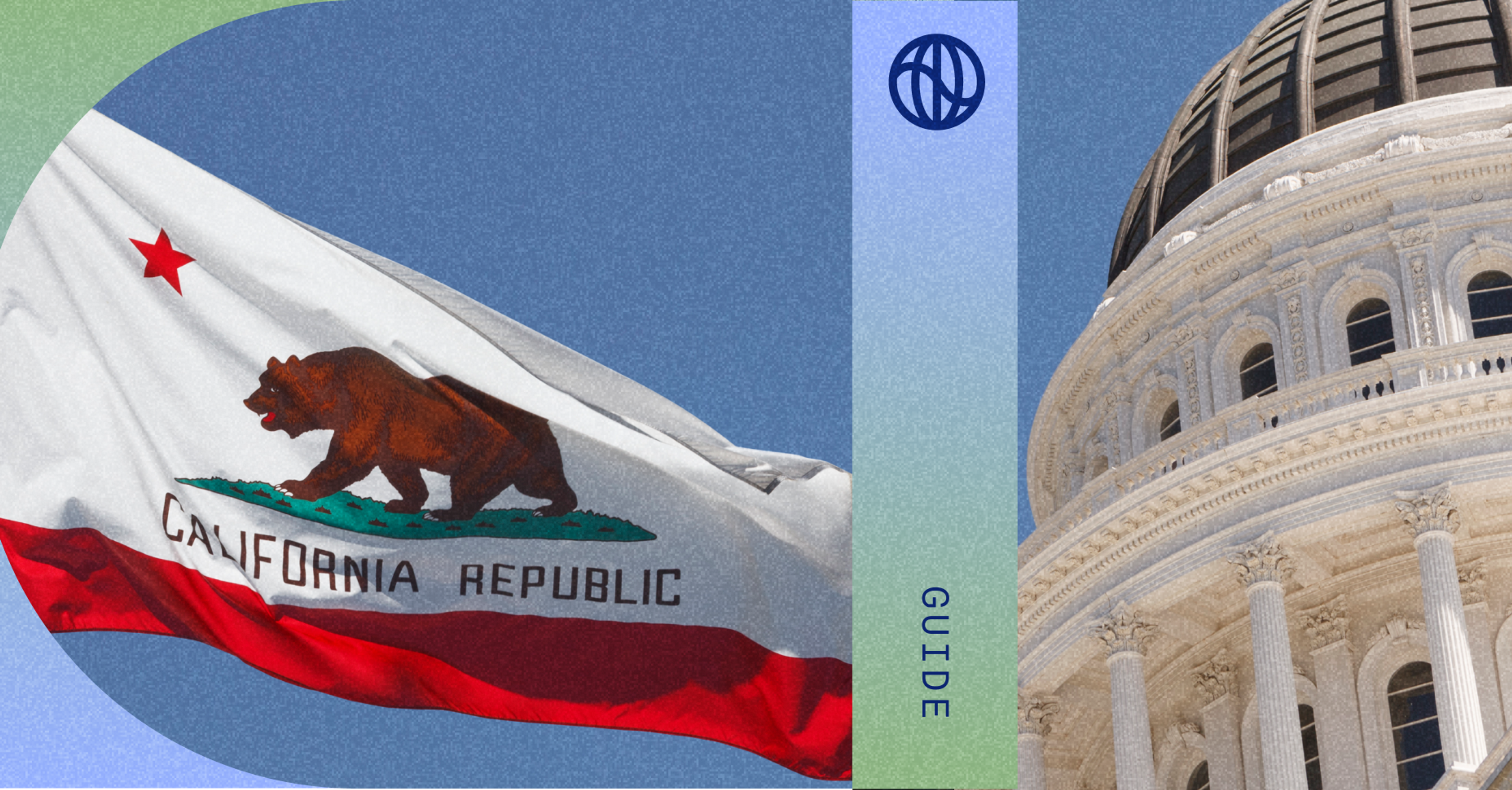What this article covers:
- The details of California’s climate laws, SB 253, SB 261 and SB 219, and the disclosures they require.
- Timelines for SB 253 and SB 261 compliance.
- How to determine whether your company is in scope.
- The latest guidance from CARB.
- Software tools for compliance with California’s climate laws.
Climate action in California has repercussions around the globe. For decades, the state has been a global leader on climate regulations, with the latest example being SB 253 and SB 261 that passed in late 2023 requiring certain companies to disclose climate-related metrics (with both bills being updated in SB 219 in late 2024).
The rules compel thousands of companies doing business in California to disclose their scope 1, 2, and 3 greenhouse gas emissions and/or climate-related financial risk information. Although it's a state rule, the broad scope means that its impact is truly national, capturing companies across the US.
What are the requirements for SB 261 and SB 253?
The rules require some US based public and private companies doing business in California to disclose their scope 1, 2, and 3 emissions, beginning in 2026. Scope 1 emissions are those that result directly from a company's activities, while scope 2 are those released indirectly, for example, from electricity purchased and used by the company. Scope 3 encompasses all indirect emissions produced from a company's entire supply chain, and disclosure is required from 2027.
Assurance on Scope 1 and 2 disclosures by an independent third party is required, though this is optional for the first year of reporting in 2026. Scope 3 emissions may also eventually require assurance. The California Air Resources Board (CARB) is set to make that decision in 2027, and can introduce the requirement from 2030. SB 261 requires certain entities doing business in California to prepare and publish climate-related financial risk reports aligned with the TCFD or ISSB frameworks.. Those reports must be published on a company's website and submitted to a public docket which CARB will open on December 1, 2026. The deadline for these reports is January 1, 2026, though enforcement has been temporarily paused while the Ninth Circuit Court of Appeals considers a legal challenge from the US Chamber of Commerce. The hearing will take place on January 9, 2026.
Timeline for California's climate disclosure rules
Here’s the schedule for when companies begin reporting:
| SB 253 | SB 261 |
Who is in scope | Companies doing business in California and >$1B total global revenue | Companies doing business in California and >$500M total global revenue |
Requirements | Scope 1-3 emissions disclosure | Report on climate risks using the TCFD, ISSB, or other regulatory framework |
Timeline | Scope 1-2 emissions : August 10, 2026 (TBC) Scope 3 emissions: 2027 Scope 3 assurance: TBD (decision in 2026) | Enforcement temporarily paused; awaiting a court hearing on January 9, 2026. |
How Watershed supports | Watershed supports SB 253 with audit-ready Scope 1-3 measurements | Watershed supports SB 261 with our TCFD Report-builder |
Which companies are in scope for SB 261 and SB 253?
The laws apply to US-based entities which pass two tests: whether that entity’s global revenue meets the statutory threshold (over $500m for SB 261; and over $1 billion for SB 253), and whether that entity is “doing business” in California.
To help companies understand whether they are in scope, CARB has provided flow charts (see slides 29 and 30) –which should be used on an individual-entity basis – and has shared key definitions:
- Revenue: Based on “gross receipts” as defined by the California Revenue and Tax Code (RTC) § 25120(f)(2). To support edge cases, applicability for the laws will be determined by lesser of the entity’s two previous fiscal years of revenue.
- Doing business in California: Based on RTC § 23101, though omitting 23101(b)(3-4) on property holdings and payroll. This clarification is an acknowledgement that regulated entities should have a significant economic connection to the state, determined by having Californian sales above $735,019, rather than being based on property or payroll amounts.
Parent-subsidiary relationships and reporting
“Subsidiary” relationships are aligned with CARB’s Cap-and-Invest rules and consider companies a subsidiary when another entity has >50% ownership or control through a direct corporate association. Parent companies are not automatically deemed to be doing business in California simply because a subsidiary is; and revenue thresholds depend on unitary filing.
Applicability is tested at an individual entity level rather than the group company level. However, entities in scope can opt to report at the consolidated parent level.
What kinds of entities are exempt from SB 253 and SB 261?
CARB has updated its proposed exemptions to include 1) non-profit and charitable organizations, and 2) companies whose only California presence is teleworking employees; alongside government entities and insurance companies, which are already excluded by statute. Staff also proposed extending the statutory insurance company exemption in SB 261 to SB 253 for consistency.
Finally, some companies may be de facto exempt if they do not report gross receipts in their California corporate tax filings, and would therefore not meet the laws’ revenue thresholds. CARB mentioned holding companies and mutual funds. Companies should use the flow charts and definitions provided by CARB, and speak to their legal counsel to confirm.
Fee structure
CARB has confirmed annual flat fees for each applicable law, with fees for both SB 253 and SB 261 required annually, even though SB 261 reports are biennial.
Fees will be applied for every in-scope subsidiary, not per corporate group. Parent companies may pay these fees in a single payment.
Final fee amounts will be finalized once CARB publishes the final regulated entity count.
What are the liability implications of California’s climate laws?
The law authorizes CARB to bring civil actions against subject companies and seek civil penalties for violations of the act. Penalties for companies relating to the emissions disclosure requirements can be up to $500,000. Penalties relating to the climate risk report part of the requirements can be up to $50,000. There is a safe harbor for scope 3 emissions disclosures; companies are not subject to administrative penalties for misstatements about scope 3 emissions made with reasonable basis and disclosed in good faith.
CARB has confirmed that there will be significant first-year flexibility: under the Enforcement Notice issued last year, the expectation is that companies “give what [they] have on hand” in the first year. For example, if a company was not collecting emissions data when the Enforcement Notice was issued in December 2024, it does not need to submit emissions in 2026, only a short statement explaining non collection.
CARB has also said that it will not take enforcement action for incomplete reporting against entities in the first year, on the condition that entities demonstrate good faith efforts to comply with the requirements of the law.
What companies should do to prepare for SB 253 and SB 261
Companies now know the key dates, frameworks, and fees and can start moving from "planning" to "preparing."
- Assess scope now: Review whether you are captured under the revenue and "doing business" definitions.
- Mark your calendar: January 1, 2026 for SB 261 (though monitor the legal updates), and August 10, 2026 for SB 253 (scopes 1 & 2).
- Leverage existing reporting: Align TCFD, ISSB, or CSRD workstreams where possible.
- Plan for assurance: Begin early conversations with assurance providers for SB 253 compliance.
Give feedback: CARB has opened a consultation for scope 3 measurement, asking which scope 3 categories companies use most, or are most useful for customers and investors, ahead of scope 3 disclosure deadlines in 2027.
What are the best solutions to help prepare for SB 253 and SB 261?
Companies can leverage sustainability platforms like Watershed to compile their California reports. Using technology as the backbone of your measurement increases the calculation transparency and reduces the manual work needed to complete the exercise. In particular, Watershed's platform:
- Measures every California SB 253 and SB 261 datapoint, including scope 3 emissions.
- Guides customers through drafting narrative with climate risk analysis support, peer benchmarks, expert guidance, and AI-driven tools
- Has to-date delivered a 100% pass rate on mandatory disclosures when customers have had their measurements audited and assured.
- Includes tools to enable real action – like supplier engagement or decarbonization modeling – for when your focus turns from compliance to action.
Legal challenges to the California climate disclosure laws
The Chamber of Commerce has mounted a legal challenge to these laws, and moved for a preliminary injunction to stop enforcement. Their motion was denied, and they have appealed. On November 18, 2025 the Ninth Circuit issued a temporary stay of SB 261 pending the outcome of the appeal, and declined to stay SB 253. They will hear the appeal on January 9, 2026. The original January 1, 2026 deadline for posting compliant reports under SB 261 is currently paused, pending the outcome of the hearing. The August 10, 2026 deadline for compliance with SB 253 is still in place.












